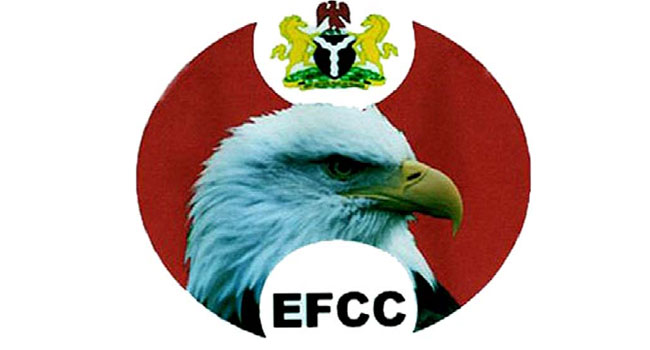FG Challenges Acquittal of Ex-NHIS Boss in $2.1m Money Laundering Case
The Federal Government has filed an appeal challenging the July 24 judgment of the Federal High Court in Lagos, which acquitted former Executive Secretary of the National Health Insurance Scheme (NHIS), Dr. Olufemi Thomas, in a high-profile $2.1 million money laundering case.
In a 28-page notice of appeal filed before the Lagos Division of the Court of Appeal, the government, through the Economic and Financial Crimes Commission (EFCC), raised 11 grounds of appeal against the decision of Justice Olayinka Faji.
Justice Faji had discharged and acquitted Thomas on five out of six counts brought against him by the EFCC, ruling that the prosecution failed to prove its case beyond reasonable doubt. The judge further ordered that funds previously seized from the defendant be returned within 14 days—on the condition that Thomas pays a ₦10 million fine imposed after his conviction on one count of making a cash transaction exceeding the legal threshold of ₦5 million.
However, the EFCC, dissatisfied with the ruling, argued that the judge erred in law by relying on what it described as “imaginary and fanciful doubt,” particularly in dismissing counts 1, 2, 3, and 7 of the amended charge.
According to the appeal, EFCC counsel Ekele Iheanacho, SAN, contended that the Commission had presented sufficient evidence, both oral and documentary, to establish that Thomas’ income as a former public officer had increased significantly—without a satisfactory or consistent explanation.
“At the close of the prosecution’s case, both the trial court and this Honourable Court found that the EFCC had established a prima facie case requiring the respondent to offer a credible explanation for the source of $2,198,000,” the notice of appeal stated.
Citing Section 19(5) of the EFCC Act, the Commission argued that when an accused person possesses assets disproportionate to their known income, the burden shifts to them to prove the legitimacy of the funds. The EFCC maintained that Thomas failed to do so.
The Commission also faulted the court’s refusal to forfeit the seized funds to the Federal Government, stating that it ignored unchallenged evidence regarding the respondent’s lack of tax records and financial declarations from his private businesses.
“The respondent is not entitled to reap the benefits of alleged illegality,” the EFCC asserted, adding that the trial court failed to properly exercise its discretion given the circumstances.
The anti-graft agency is seeking a reversal of the lower court’s partial acquittal and an order for the permanent forfeiture of the $2.1 million in question.
The appeal marks the latest twist in a long-running legal battle that continues to test Nigeria’s anti-corruption framework and the judiciary’s handling of financial crimes involving public officials.




